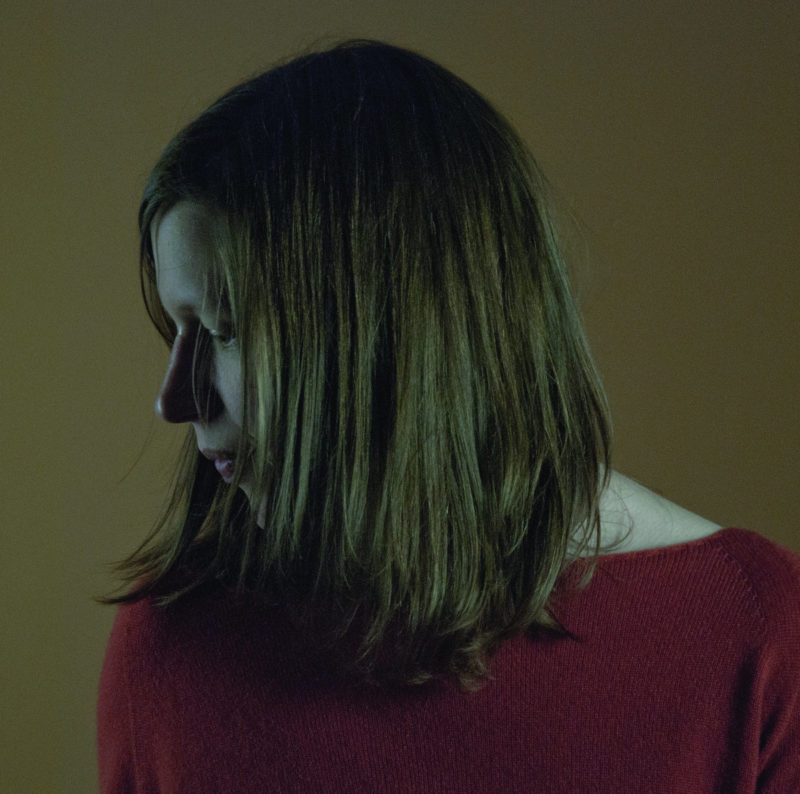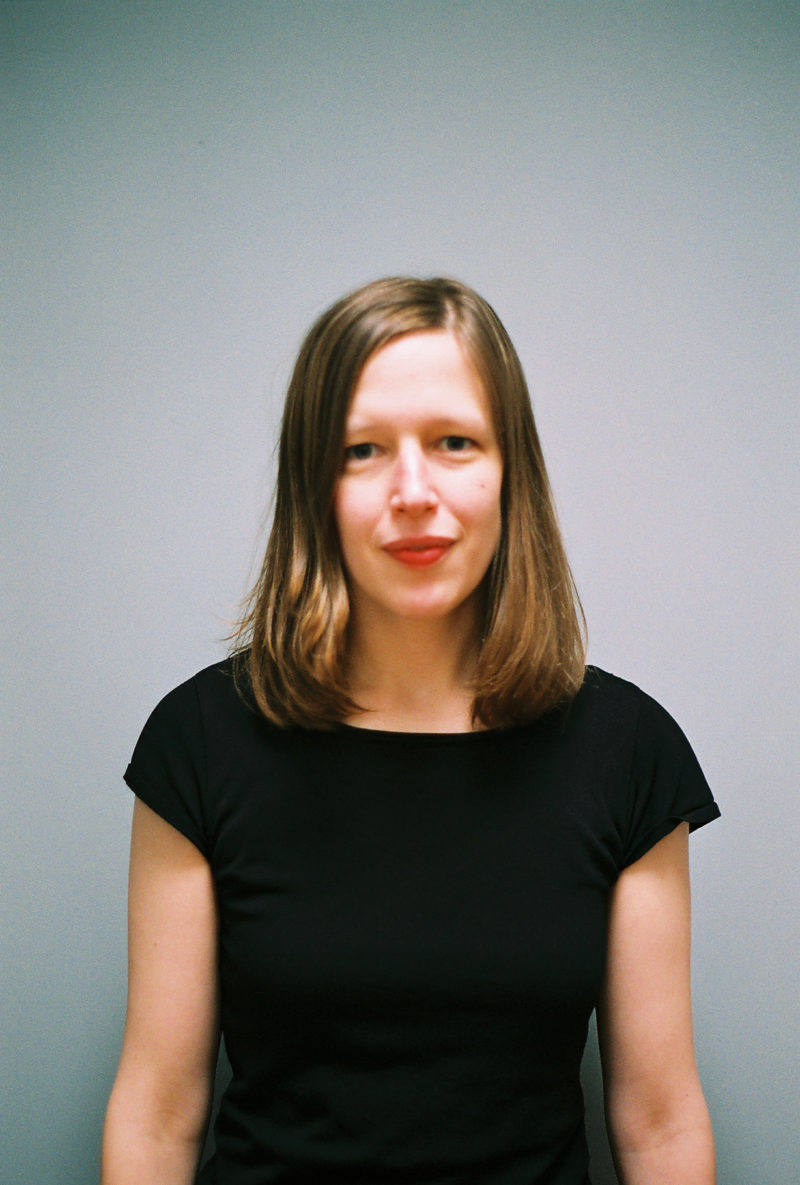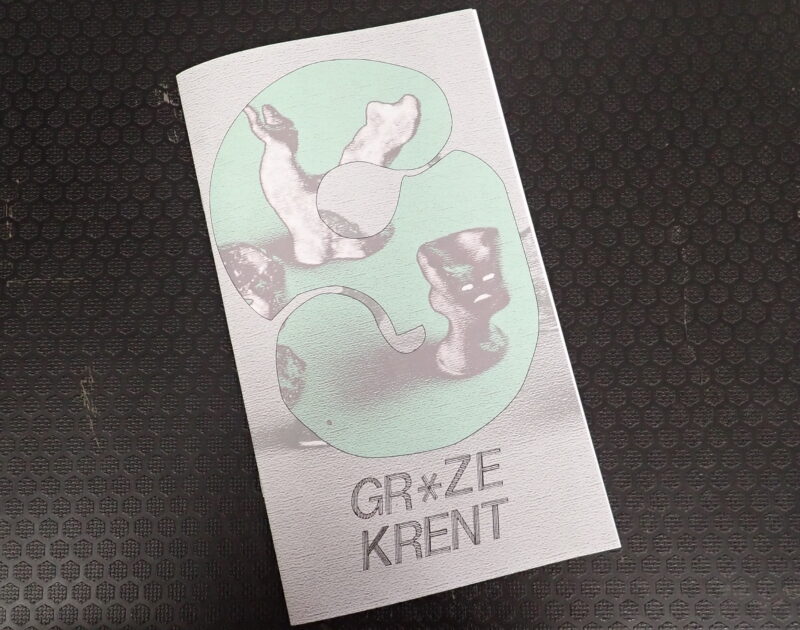Annelies Monseré

Niels Latomme
Annelies, do you see yourself as a cynical person?
Annelies Monseré
Well, some people certainly seem to think so… In one of those (surely very reliable) Internet questionnaires ‘Which Twin Peaks character are you?’ I came out as Albert Rosenfield. So, ‘I admit to a certain cynicism’. I guess I might come across (a little) cynical, but I think the fact that I am usually quite silent and timid make my cynical remarks more harsh, unintentionally. Not sure. I guess I’m easily amused, for example by certain kinds of music or art. But I don’t intend to judge or to be mean. It’s not a character trait I am especially proud of.
NL
Are you happy with the Debris album?
AM
Yes, very!
NL
Can you tell me how it came into existence?
AM
The record has been a very long time in the making. Actually, I think I started recording around 2009 (I always record tons of different versions of the same song) and it was almost ready around 2010. But then I wanted to involve some friends and after a year of waiting, they decided not to work on it. Then I kept on changing my mind about the final mixes. In 2012, Steve Marreyt and Yumi Verplancke sang on a couple of songs. Which was good, not only because it sounds great, but also because I then felt a bit obliged to finish the record. Then I needed to find a label (which is the worst part of playing music, I think). After a year, I found one. That label kept me waiting for 3 years. Which was too long for me. So I was very happy Morc did the release. And I am also very happy about the fact that I still very much like the record.
NL
You worked on a PhD in art-philosophy. How does that influence your own music?
AM
I obtained my PhD in 2015 and – unfortunately – not doing much research these days. Actually, for me, philosophy and music are two totally different things. The two do not seem to be related at all. I guess my philosophical interests are (broadly conceived) political. My research started from worries about cultural exclusion and cultural appropriation: why is the canon of art history so narrowly ‘western’? How should we approach aesthetic artifacts from ‘other’ cultures? Etc. (But in the end my PhD turned out to be a highly technical and metaphilosophical study of definitions of art. They call me ‘miss meta’ at the University). Anyway – this seems totally unrelated to my music, which is a highly ‘intuitive’ and a not very reflective practice for me.
NL
It seems that you tend to make rougher songs with Luster, how come?
AM
Yes, well, it developed into something ‘rougher’, I guess, because other people in the band contribute rougher parts to it and I feel more confident to – say – push the Big Muff (cause solo, that might get a bit ridiculous). I mostly write the main melodies, but we develop the songs together. I’ve always wanted to play in a louder band (partly because you can hide behind a wall of sound), but not in a kind of traditional rock band (which would not fit with my vocals anyway). So, I am very happy with the band.
NL
You music has a very homely feel to it, is it something you’d aim for?
AM
I record everything at home, so I think the homely sound comes natural (that, and the fact that my recording techniques are more or less self-taught). I do think that my music does not need a big shiny production (it might at some point, but I doubt it). It would make things bigger than they need to be. My music is not about big statements or feelings or whatever, it’s pretty ‘small’. Although I am paying attention that ‘small’ doesn’t turn into ‘precious’ or ‘cute’.

NL
You’ve been around in the Ghentian scene since long, have you seen it change?
AM
Not sure if I ever saw myself as part of the ‘Ghentian scene’. But I guess I am… (which is nice of course). And more than ever, I guess, as I play with many other members. Maybe the scene used to have a more solid core? Which is not necessarily a good thing. This question actually makes me realize that I should get out more and see/hear what the scene is up to.
